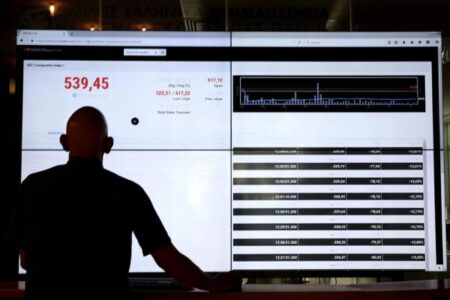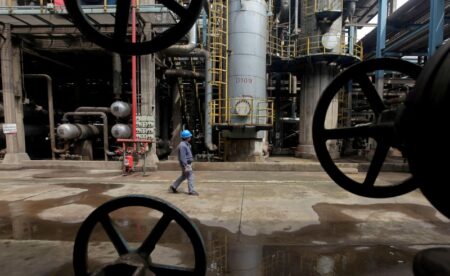By Abigail Summerville
NEW YORK (Reuters) – Store operator Arko is planning to divest its convenience store operations in a deal that could be valued at around $2 billion, as it looks to abandon a yearslong expansion strategy after grappling with a slowdown in sales from the store business, people familiar with the matter told Reuters.
Richmond, Virginia-based Arko is working with investment bankers at Citigroup to sell the package of about 1,500 stores that it currently operates, the sources said, requesting anonymity as the discussions are confidential.
A deal would leave Arko with its fuel distribution business and unwind its dealmaking spree that turned it into one of the largest U.S. convenience store operators since its founding in 2003.
Potential buyers include other convenience store operators, as well as private equity firms, who have submitted initial bids for the stores, the sources said, cautioning that a deal is not guaranteed.
The stores generate around $300 million of annual earnings before interest, taxes, depreciation and amortization, the sources said.
The company is betting that it will achieve a higher valuation as a standalone fuel distributor, the sources said. Arko currently supplies fuel to more than 1,800 independent dealer sites and roughly 300 unmanned fleet fueling locations.
Citi and Arko declined to comment.
The latest moves come at a time when convenience store operators are facing a slowdown in growth, as high inflation and rising living costs are forcing shoppers to cut back on spending on groceries and staples.
“We continue to see pressure on consumers as they struggle with inflation and elevated prices for everyday goods, especially in markets with a large percentage of lower-income consumers. Consumers have been hesitant in their spending and their purchases have remained suppressed despite multiple summer promotions,” Arko CEO Arie Kotler said in a recent post-earnings conference call.
Arko, which listed its shares in 2020 following a merger with a blank-check company and is valued at roughly $1.7 billion including debt, has struggled as a public company as its shares have lost more than 20% of their value since the start of the year.
In its most recent quarter, Arko posted a decline in net profit, as it was hurt by lower same-store sales. Its merchandise revenue fell about 2% to $474.2 million.
Arko’s moves mirror other store operators who have struggled with a slowdown in consumer spending. Earlier this year, Sunoco agreed to sell 204 stores to 7-Eleven in a deal worth $1 billion, as the company plans to focus on its fuel distribution business.
Read the full article here
















